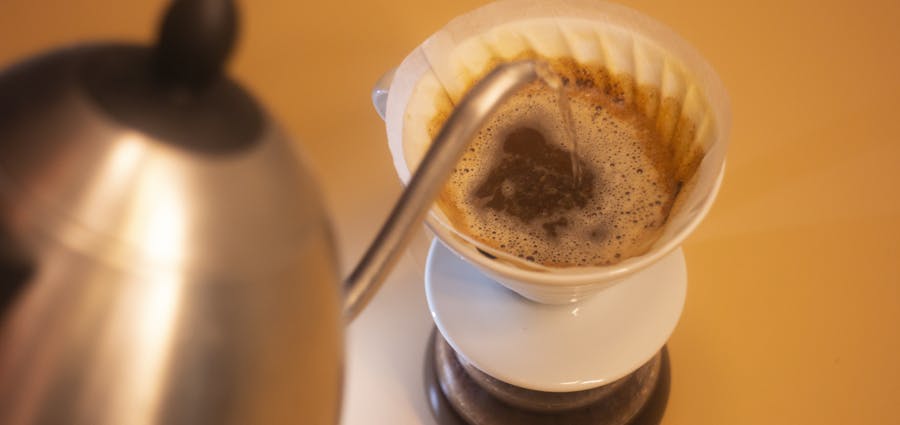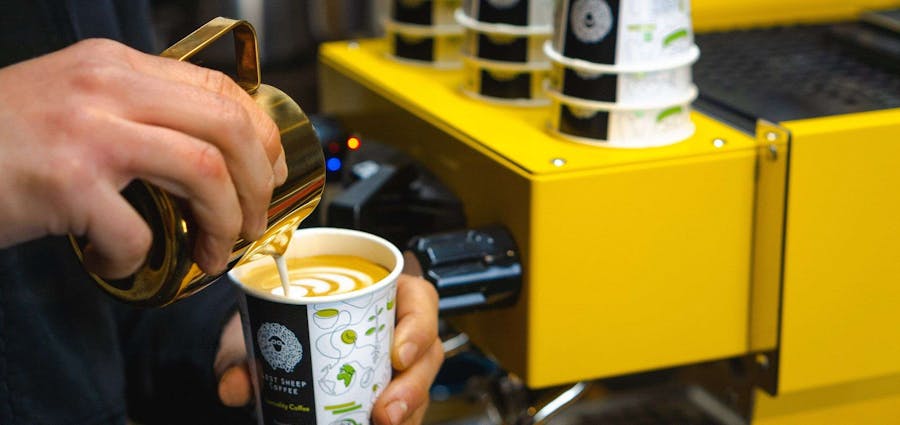When it comes to brewing a perfect cup of speciality coffee, we often focus on the beans, grind size, and brewing methods. However, one crucial factor that significantly impacts the result is often overlooked: water quality. The role of water in coffee brewing is critical, as it directly affects the flavour, aroma, and overall quality of your speciality coffee. In this blog post, we will explore the importance of water quality in brewing speciality coffee and how you can optimise it to elevate your coffee experience
Water is not a simple and uniform liquid; its composition varies based on its source and treatment. Different minerals and chemicals present in water can impact the extraction process and alter the flavour profile of your coffee. Understanding the basics of water composition, including hardness, pH level, and mineral content, is essential for achieving optimal results.
Water hardness refers to the mineral content, primarily calcium and magnesium, present in the water. Hard water can negatively affect the extraction process by inhibiting flavour extraction, leading to a dull and flat-tasting coffee. On the other hand, soft water lacks the necessary minerals, resulting in an overly acidic and underdeveloped brew. Achieving the right balance is key to unlocking the full potential of your speciality coffee.
pH plays a significant role in coffee extraction. Ideally, water used for brewing speciality coffee should have a slightly acidic pH, around 6.5 to 7.5. A proper pH level ensures proper extraction of desirable flavour compounds while preventing excessive extraction of bitter and astringent compounds. Maintaining the right pH balance in your brewing water helps achieve a well-balanced and flavourful cup of speciality coffee.
To optimise water quality for brewing speciality coffee, it is essential to filter or purify the water. Filtration systems, such as activated carbon filters, can remove impurities, chlorine, and unpleasant odours, improving the taste of your coffee. Reverse osmosis or distilled water, while removing minerals, can be used in combination with mineral additives to create a customised brewing water profile.
Total Dissolved Solids (TDS) refers to the concentration of minerals and organic compounds present in water. While some TDS is necessary for optimal coffee extraction and flavour development, excessive TDS can lead to over-extraction and an unbalanced flavour profile. Measuring TDS using a meter can help you understand and adjust your water to achieve the desired brewing results.
Water composition is not a one-size-fits-all solution. Different coffee beans and brewing methods may benefit from specific water profiles. Experimenting with water composition by adjusting mineral content, pH, and TDS can help you fine-tune the brewing process to highlight the unique characteristics of different speciality coffees and enhance their flavours.
Consistency is key when it comes to brewing speciality coffee. Once you find a water profile that works well with your preferred beans and brewing method, strive to maintain consistency in water quality. Consistent water quality ensures that you can replicate the desired flavour profile and achieve reliable results with each brew.
Water quality is a critical but often overlooked aspect of brewing speciality coffee. By understanding the impact of water composition, pH, and mineral content, you can optimise your brewing water to unlock the full potential of your speciality coffee beans. Experiment, measure, and strive for consistency to ensure that your brewing water enhances the flavours, aromas, and overall quality of your speciality coffee, allowing you to enjoy a truly exceptional coffee experience.






